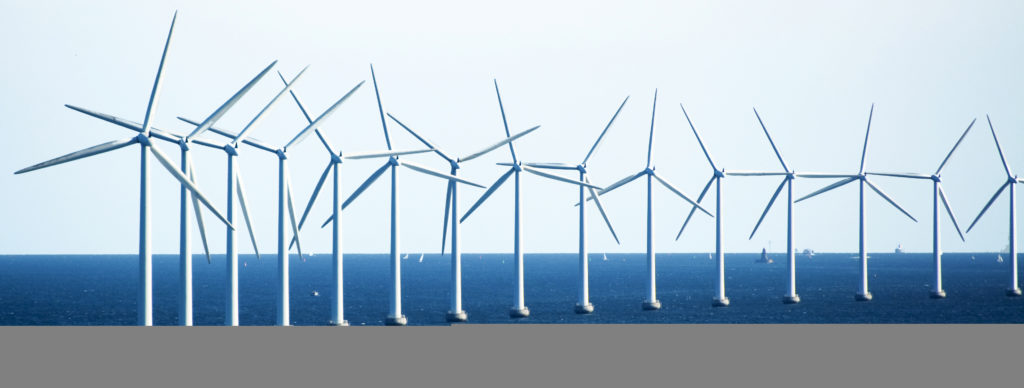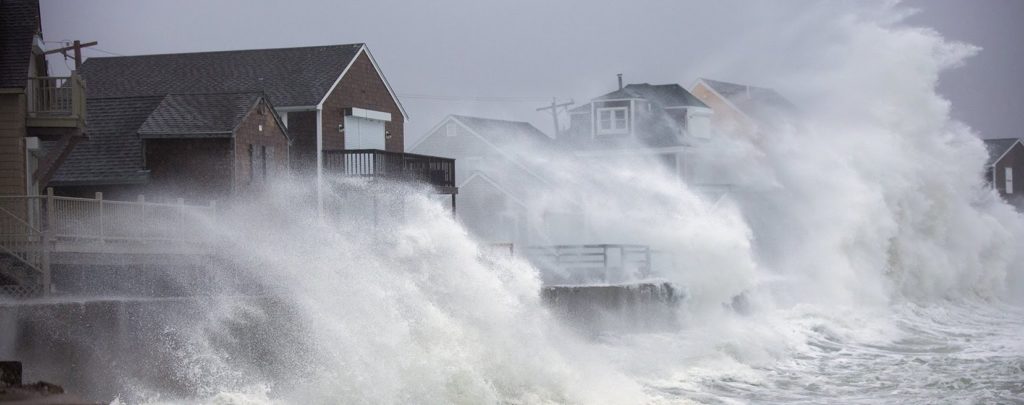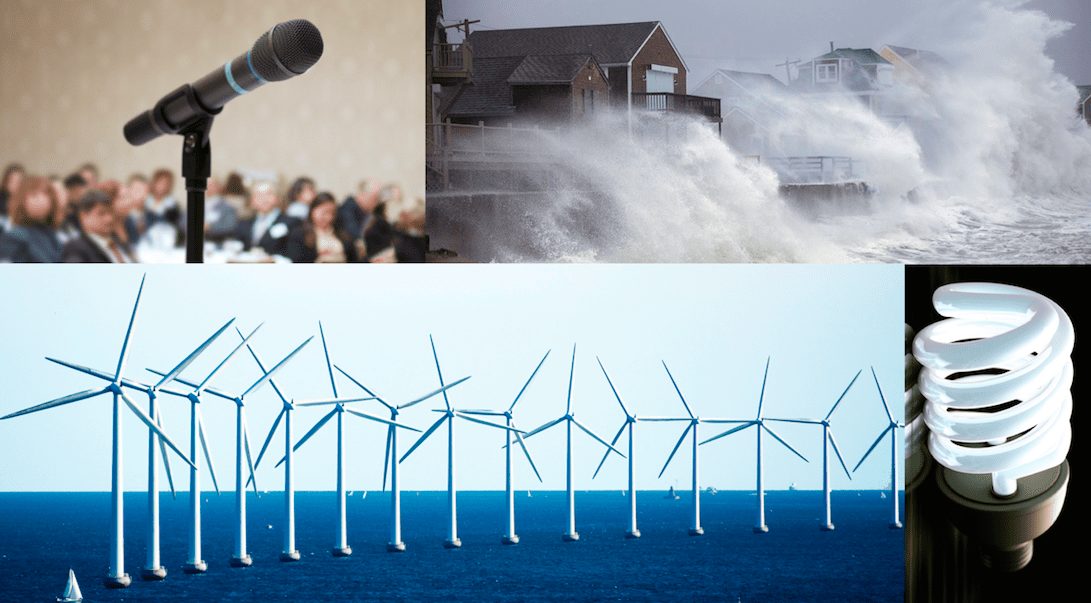In Massachusetts the two-year legislative session is over, with the passage of two new laws addressing climate action and clean energy.
As we reflect on what these laws do (and don’t do), here are our top five takeaways for climate & sustainability focused business leaders.
1. The offshore wind revolution is here

Tucked into the state’s new clean energy law is a boost to offshore wind in Massachusetts. The law will double the amount of offshore wind in the state to 3,200 megawatts––enough to power 2 million homes and businesses. Once fully developed, it will provide enough clean power to reduce carbon emissions by at least 6 million tons a year, equivalent to removing 1.2 million cars from our roads.
The biggest upshot is the impact on the local economy. A recent filing with the state shows that the first 800 megawatts, scheduled to become operational by 2021,will cut monthly power bills by up to 1.5%, bringing $1.4 billion in cost savings to energy users by 2040. Moreover, the supply chain that will grow from this offshore wind development is expected to becomea multi-billion dollar industry in the state and give Massachusetts the advantage in becoming a nationwide hub for offshore wind technology.
2. Business voices mattered—a lot

A fact of this, and every, session was how much business voices mattered. Business leaders,especially CABA members, are sought out by elected officials because they have a grassroots perspective on the economy, something important in forming public policy. Whether bysharing your story directly with lawmakers during our June lobby day, orjoining colleagues by signing our carbon-pricing letter, business leaders moved the needle towards smart climate policy. Your voice was also vital in counteracting messaging from organizations like AIM, and letting policymakers know that climate action is cost effective and good for the economy.
If you are interested in learning more about becoming a member, email our Programs Director Kristin Kelleher at kristin.kelleher@cabaus.org.
3. 2019 will be rough for solar

One area where we didn’t see much progress was in solar. The clean energy law did not lift the cap on reimbursements to solar panel owners, a policy desperately needed to expand solar use and foster industry growth. This further disadvantages an industry already plagued by a20% drop in jobs in the state, deepeninguncertainty caused by the state’s untested solar program, and price increasesresulting from Trump’s 30% tariff on solar.
Solar may be down, but it’s by no means out. The new law did help resolve a controversial ruling allowing utilities to over-charge solar users, a demand of solar advocates. Additionally, solar installers and the utilities finallyreached an agreement on sharing revenues from solar paired with battery storage. Despite these significant gains, more work is needed to ensure the solar industry in Massachusetts rebounds in coming years. This means working with the administration to implement a SMART solar program that helps local businesses save money with solar and supporting bills next session that focus on fostering jobs in the industry.
4. New energy efficiency programs to benefit you

The law also updates parts of the 2008Green Communities Act, allowing state programs to promote new energy efficiency technologies. This update will have direct impacts on the already successfulMassSave program, which incentivizes energy efficiency solutions for homeowners and small businesses. The updated program will likely cover everything from new weatherization techniques to small energy storage to smart use technology. The process for deciding which technologies will be covered, and what incentives will be offered, will be determined through stakeholder input and public hearings. These will allow CABA and the business community to push for programs that specifically benefit the small business community.
5. The state wants to help you prep for climate change

Houses along Lighthouse Road in Scituate are engulfed by waves crashing off the seawall. (Jesse Costa/WBUR)
Although not going as far as we would have liked, the new laws do give the state more tools to help small businesses adapt to climate change. The Environmental Bond law committed an additional $70 million to the state’sMunicipal Vulnerability Preparedness (MVP) program, which although not specifically giving money to businesses, does fund programs that help local communities become more climate-ready which has a positive impact on the local economy. It also funds $100 million towards additional hazard mitigation and climate change adaptation, which could be used to fund programs directed to at-risk small businesses. Senator Patrick O’Connor (R-Weymouth) was also able to add $2 million in funding to the Economic Development law to create an innovation center that helps small businesses with climate adaptation.
Bonus: Our work is not done
Policymaking is an incremental process, requiring constant attention and small steps to achieve our ultimate goals. Although we’ve seen gains in addressing climate change and promoting clean energy, we still have much to do. One issue not addressed this session was transportation, which makes up the largest share of state emissions. We need to continue to educate and push for policies to meaningfully address this, such as carbon pricing. There are a number of legislators who feel there is still work to be done, with some already beginning to plan for next session.
Beyond supporting new legislation, we also need to hold the executive branch accountable for implementing the new laws. This includes ensuring proper procurement of offshore wind, implementing the new energy efficiency programs, and fully allocating funds to climate change adaptation.
To do this we need continued engagement from the business community, and for you to keep speaking up in favor of smart climate solutions.
For more news & analysis, subscribe to Tim’s weekly policy newsletter.









